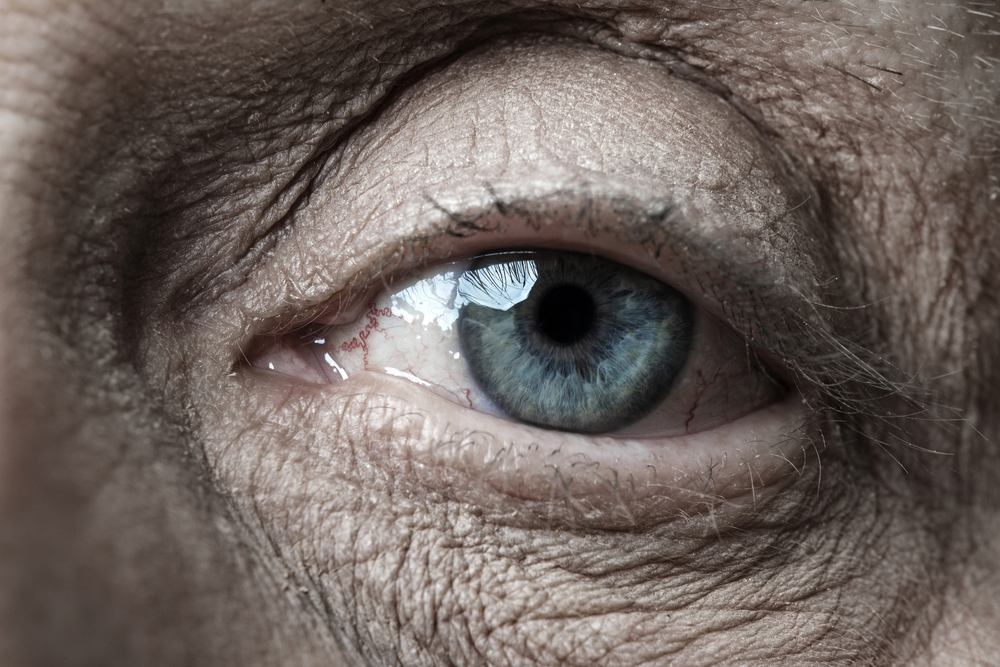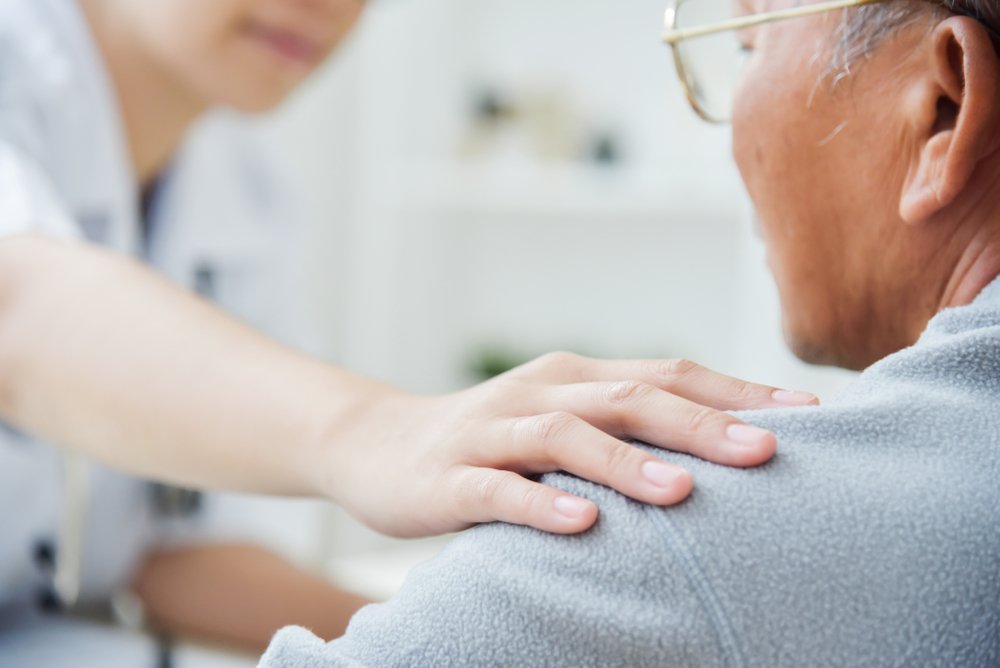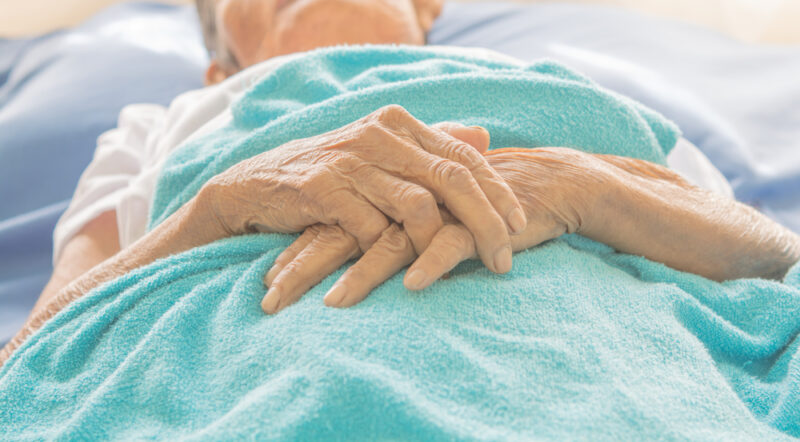Does your loved one seem to be getting sick a lot lately or complaining about pain? It could be caused by depression. Research from the Center for Disease Control shows that between one and five percent of all seniors living at home suffer from major depression, with that number rising to 14% for those receiving home health care or residing in an assisted living community. Eric Lenze, MD, a Washington University geriatric psychiatrist at Barnes-Jewish Hospital, says some medical problems in late-life, such as diabetes, high blood pressure, heart disease and arthritis can cause or make depression worse, but on the flip side, seniors who are depressed are also more likely to experience mental illness affecting physical health.
Depression can cause pain
According to the National Headache Foundation, 30 to 60 percent of depressed people have frequent headaches, and two out of three depressed seniors are more likely to experience back pain, stiff joints, and muscle aches. An article published by the National Institute of Health states that the correlation between depression and pain could be due to chemical disruptions.
“Physical pain and depression have a deeper biological connection than simple cause and effect; the neurotransmitters that influence both pain and mood are serotonin and norepinephrine. Dysregulation of these transmitters is linked to both depression and pain.”

Depression causes lack of sleep
Research from the University of Cincinnati college of medicine shows that when we sleep, our bodies produce a protein called cytokines, which target infection and inflammation, creating an immune response. We also produce white blood cells while we sleep, which play a critical role in fighting infectious disease. Considering that nearly 25 percent of seniors suffer from insomnia –largely brought on by depression– it makes sense that they don’t have the immune response necessary for combating disease. Thus, depression can lead to serious conditions including:
- Autoimmune diseases such as multiple sclerosis or lupus
- Cancer
- Diabetes
- Kidney disease
- Arthritis
- Heart disease
Depression can lead to stomach problems
Digestive problems are common in the elderly, but if you’ve noticed that your loved one has less of an appetite, is in the bathroom more often, or complains of stomach cramps more than usual; consider seeking a counselor. Harvard Medical School researchers suggest that stomach discomfort may indicate poor mental health since depression and anxiety can lead to an inflamed digestive system.

Seniors are more likely to discuss physical problems vs. emotional issues
Some researchers believe that since elderly people grew up in an era when emotional problems were stigmatized, they are not likely to voice issues such as extreme sadness. Instead, they may ask for a painkiller to ease back discomfort or will agree to see a doctor for a physical condition. But since depression, pain, and illness go hand in hand, it’s important to address all of these issues at the same time. If you suspect your loved one may be battling mental distress, talk to their doctor about conducting an emotional assessment or consider making an appointment with a counselor. It’s better to seek help now before physical and emotional symptoms get worse.

